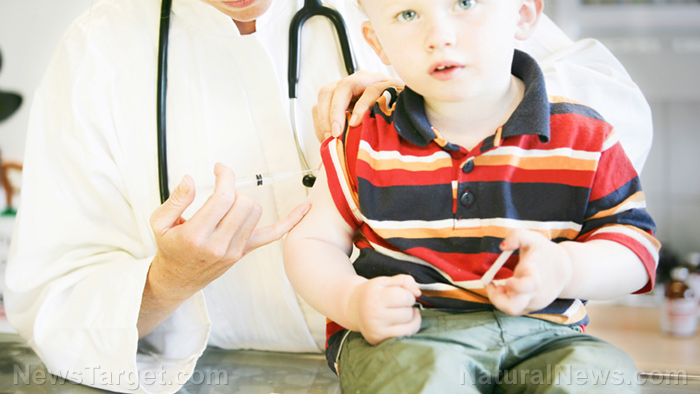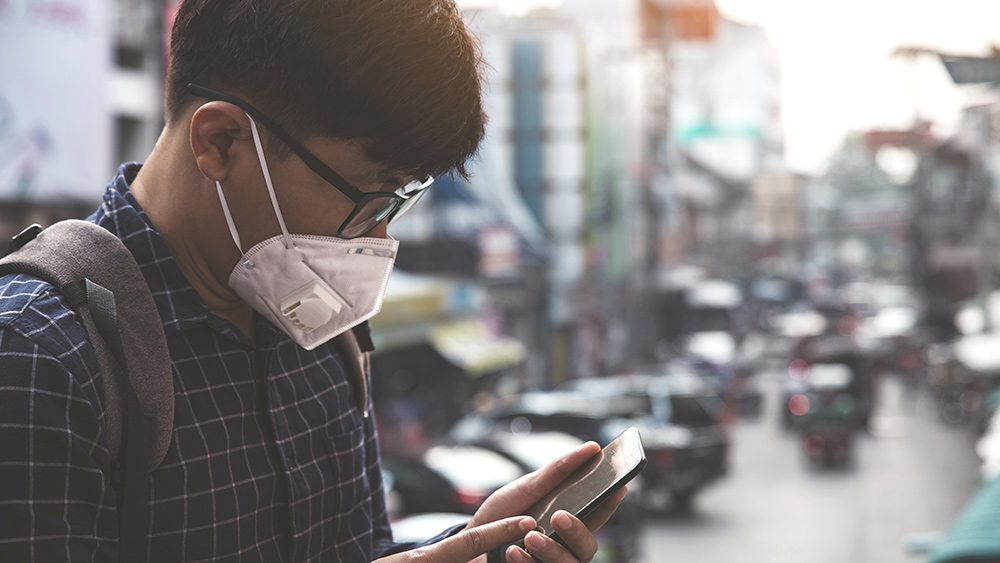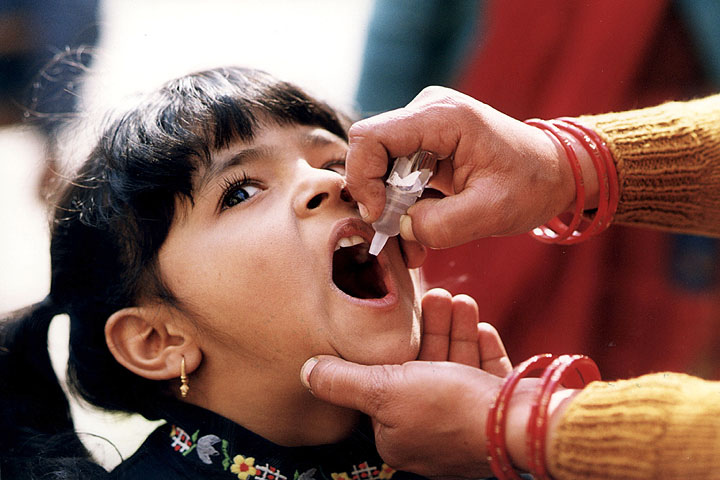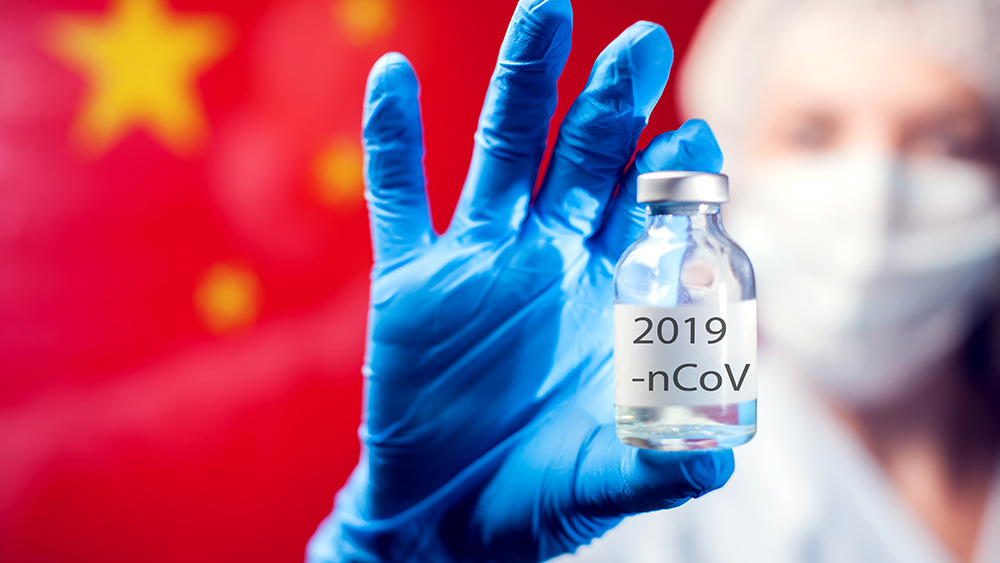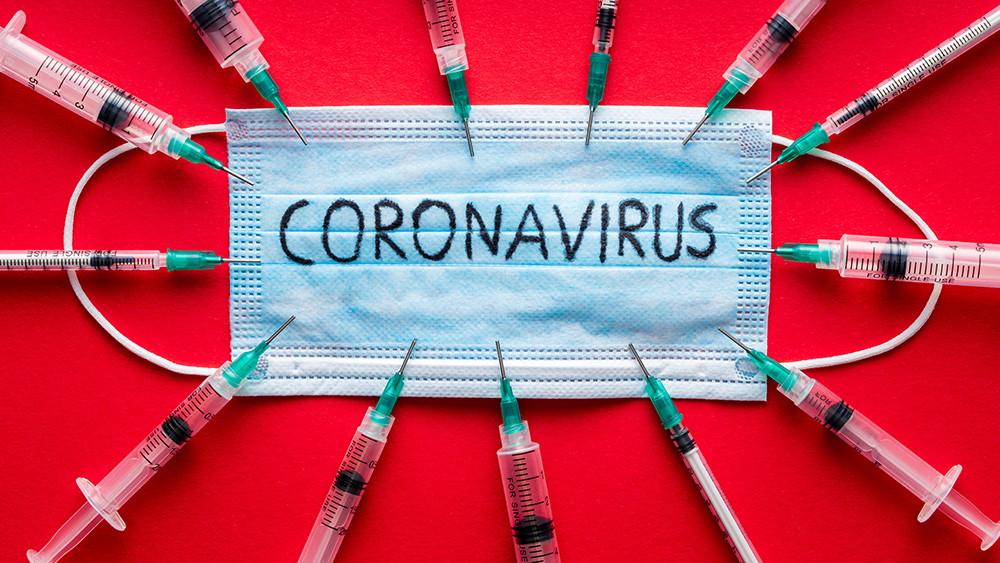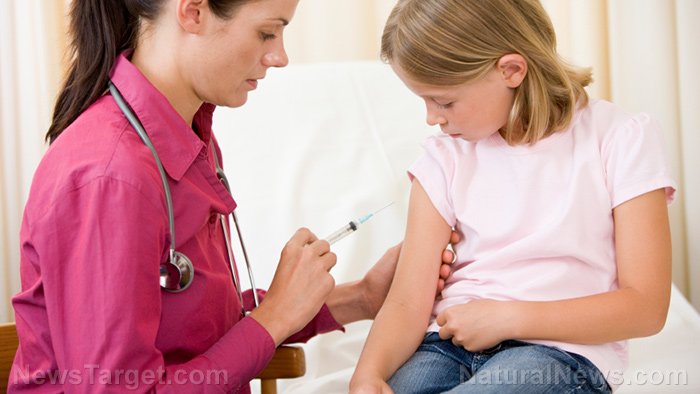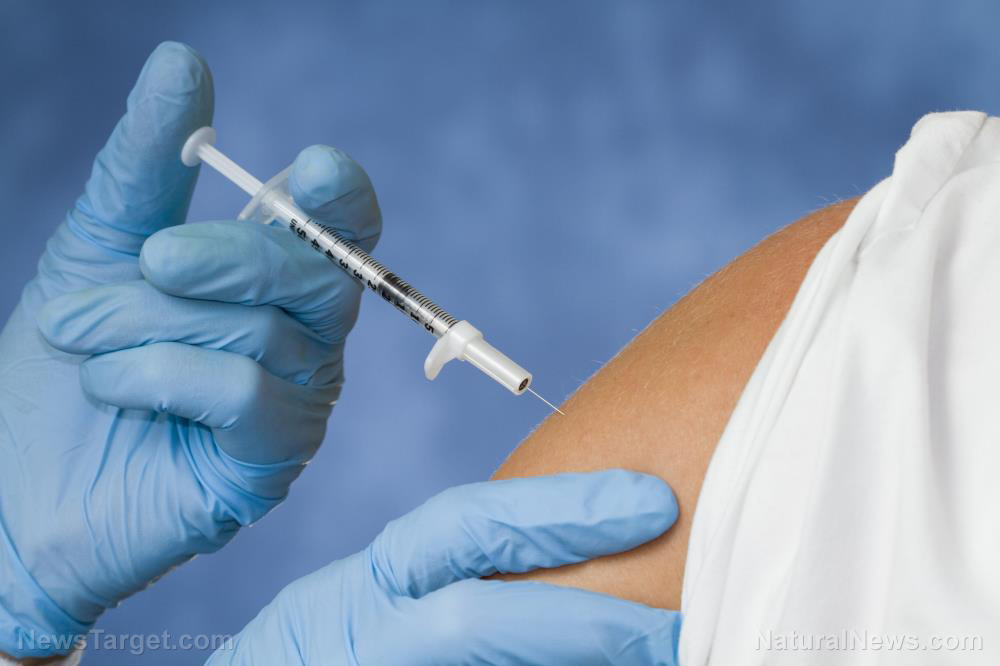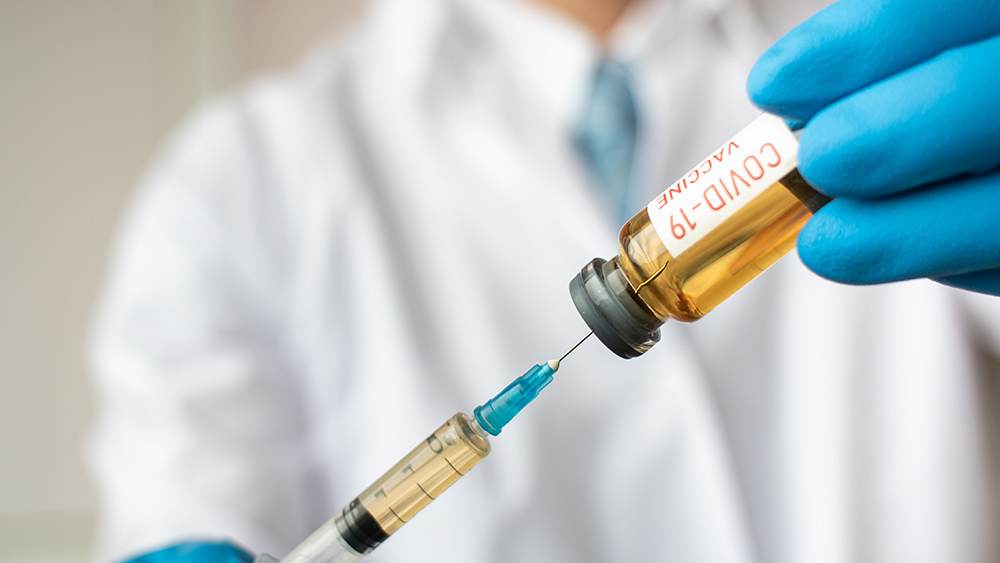Medical trials for COVID-19 vaccine candidates may be unable to stop people from falling ill and dying, scientist warns
10/28/2020 / By Ramon Tomey

A scientist has warned that phase three trials currently underway for COVID-19 vaccine candidates may ultimately be unable to stop the coronavirus. University of Maryland professor Peter Doshi wrote in an Oct. 21 piece in the British Medical Journal (BMJ) that coronavirus vaccines currently being developed may not be able to protect people from serious illness or death once they contract the pathogen.
His statements followed trials conducted by seven pharmaceutical companies – Moderna, Pfizer, AstraZeneca, Johnson & Johnson, Sinopharm and Sinovac – for their respective coronavirus vaccine candidates. Doshi, who is also the BMJ’s associate editor, pointed out two issues in the ongoing vaccine trials.
First, scientists did not anticipate whether volunteers would be shielded from severe disease or death if they contract the pathogen before the vaccine is rolled out – which would only be the case if the vaccine did not work very well. This is a particular concern for senior citizens, who are the most at risk from the effects of a severe COVID-19 infection, as the vaccine may not be as effective at protecting them from the coronavirus in the first place.
Vaccines typically do not work as well for people aged 60 and up because of their aged immune system. Pregnant women, children, and immunocompromised people have also been excluded from vaccine trials, so there is little data on the vaccine’s effects on these populations.
Second, the studies will not prove person-to-person transmission of COVID-19 can be halted – as scientists themselves are not measuring if volunteers who contract the coronavirus pass it to their friends and family whether or not they themselves get sick.
“The current phase three trials are not actually set up to prove either,” Doshi commented.
Pharmaceutical companies have defended the value of these vaccine trials
Many countries in the world are hoping to discover a vaccine that works to put an end to the current coronavirus pandemic that has claimed the lives of more than 1 million worldwide. Thus, a number of scientists have responded to Doshi’s take on vaccine trials.
Moderna Chief Medical Officer Dr. Tal Zaks told BMJ that if its vaccine is proven to protect against mild COVID-19, the company is confident that the vaccine will be of the same effect with more severe infections. The vaccine will have to be ineffective in the first place if a person develops the disease. Zaks added that “too many people would die” if studies looked at the ability of Moderna’s vaccine to prevent coronavirus deaths. (Related: Fascism on display: The NIH owns HALF of Moderna’s new coronavirus vaccine.)
Dr. Andrew Preston of the University of Bath agreed with Zaks, telling the Daily Mail that “covering every manifestation of COVID-19 would require trials so large … that they are very likely to be impossible to run and fund. Preston added that vaccine trials encompassing all COVID-19 symptoms “would delay the data so long that we’d be living without any vaccine … for years to come.”
Preston remarked that testing vaccines on vulnerable populations such as the elderly would have “highly questionable ethics,” so it made more sense to test whether the vaccine worked in people who would experience less severe complications. However, he agreed that vaccine trials should be clear regarding what they will and will not report.
“I suspect many … [want] to ‘return life to normal’ and so there needs to be careful consideration of what the various effects of the vaccines might be. So it’s important that as we head towards the point when mass vaccination will begin, everyone is clear about what this will change in terms of restrictions, public health and disease,” he said.
Coronavirus vaccine trials barely tackle the issue of safety
Phase three trials for coronavirus vaccine candidates look at the efficacy of the jabs, but not their safety. Two pharmaceutical firms already reported volunteers experiencing adverse reactions after being administered with coronavirus vaccines.
Johnson & Johnson suspended U.S. trials for its one-shot coronavirus jab after a volunteer experienced an “unexplained illness.” It identified “no clear cause” for the illness and attributed the volunteer’s adverse reaction to “many possible factors.” The drug maker’s suspension of its vaccine trials was “in compliance with regulatory standards,” it stated.
AstraZeneca already reported three instances of adverse reactions in coronavirus vaccine trial participants. Two volunteers reported spinal inflammation after receiving the jab in September, while a third participant died in October. However, the British pharmaceutical company will not put vaccine trials on hold.
Doshi pointed out two issues in the vaccine trials, but the real question should be: Are these new COVID-19 vaccines even safe?
Sources include:
Tagged Under: adverse effects, Big Pharma, coronavirus complications, coronavirus vaccine, covid-19 pandemic, COVID-19 transmission, Moderna, Peter Doshi, Pharmaceutical companies, phase three trials, President Trump, Vaccine deaths, vaccine efficacy, vaccine injury, vaccine safety, vaccine trials, vaccine wars, vaccines, Wuhan coronavirus
RECENT NEWS & ARTICLES
VaccineDamage.News is a fact-based public education website published by Vaccine Damage News Features, LLC.
All content copyright © 2018 by Vaccine Damage News Features, LLC.
Contact Us with Tips or Corrections
All trademarks, registered trademarks and servicemarks mentioned on this site are the property of their respective owners.


